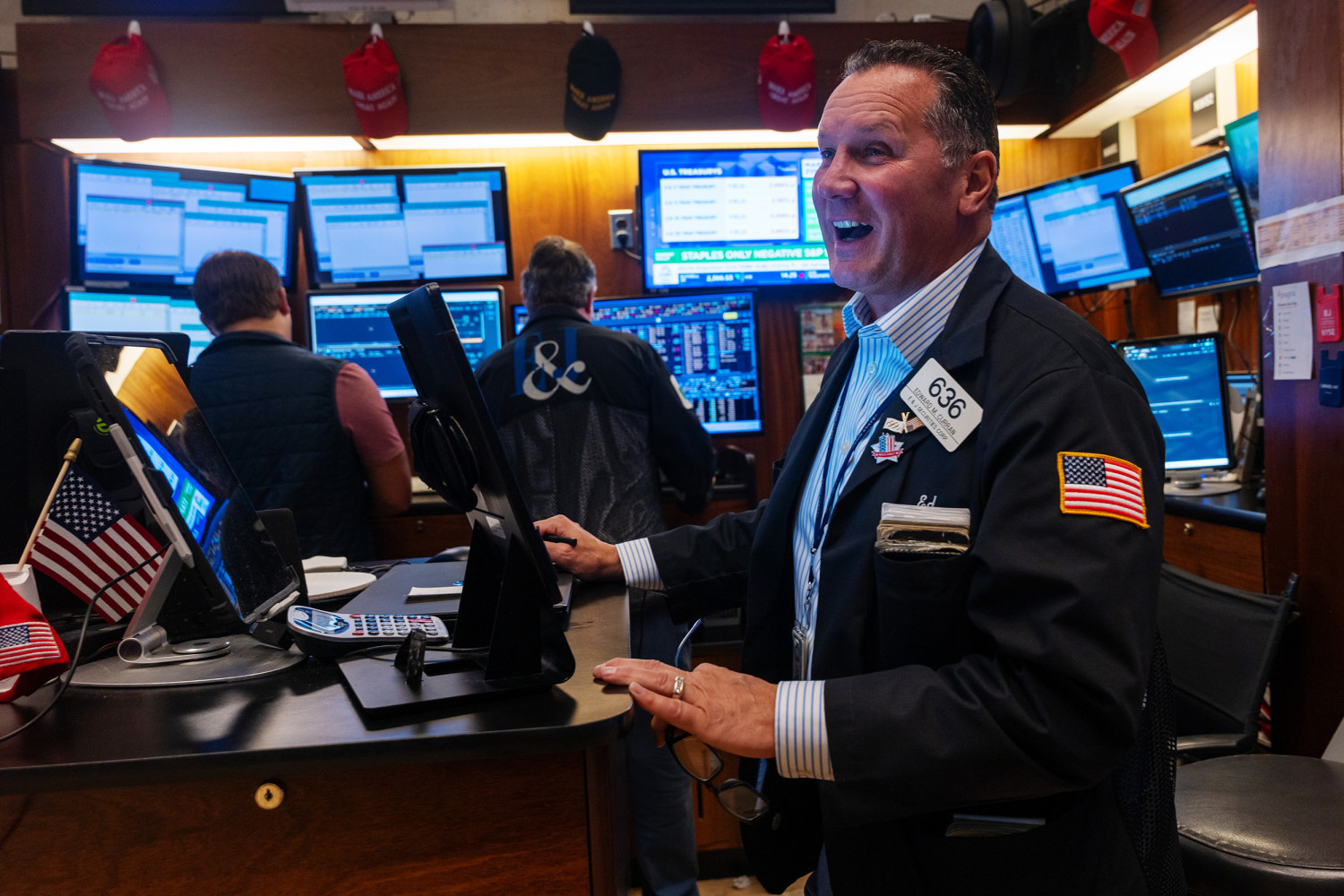Actions at WH Smith plummeted after revealing a major accounting error that has shaken investors and brought attention to the firm’s internal management systems. The retail company, widely recognized for its locations in airports, train stations, and city centers throughout the United Kingdom and abroad, experienced a significant decrease in its market capitalization after acknowledging a financial mistake that exaggerated stated profits.
The news caused a significant stir in the investment world, as WH Smith’s share value dropped by over 40% during the initial trading hours. Experts characterized this as among the toughest financial reporting challenges the company has dealt with in recent times. The magnitude of the mistake, along with the absence of early notice, has led numerous investors to worry about the management and dependability of WH Smith’s forthcoming financial reports.
Based on the company’s preliminary statements, the mistake stemmed from inaccurately categorizing some expenses within its accounting records. Although the complete information has not been revealed, initial signs point to operational expenses associated with overseas subsidiaries being logged incorrectly, resulting in an overstated operating profit in past reports.
WH Smith clarified that the inconsistency was not due to any fraudulent actions but was instead caused by an accounting process technical error. However, amending this issue has significantly affected reported profits, compelling the retailer to adjust its profit forecast and redo previous financial statements.
The market’s response was swift and unforgiving. Within hours of the announcement, WH Smith’s shares were in freefall, wiping hundreds of millions of pounds from its market capitalization. This sharp decline reflects the level of trust investors place on accurate financial reporting and the severe consequences when that trust is broken.
Market commentators noted that the magnitude of the share price drop underscores how sensitive equity markets are to governance lapses, particularly in an environment where transparency is paramount. Many institutional investors have reportedly called for a full review of the company’s accounting practices and the implementation of stronger internal oversight mechanisms to prevent similar issues in the future.
Outside of the immediate effects on the market, the accounting mistake may have long-lasting consequences for WH Smith’s business dealings and strategic objectives. WH Smith has been working on broadening its presence in the global travel retail sector, leveraging the revival of worldwide travel following the pandemic. Concerns regarding its financial health or the precision of its financial reports could decelerate investment and obstruct its potential to obtain advantageous funding for upcoming endeavors.
Additionally, suppliers and partners may adopt a more cautious stance toward the retailer until confidence is fully restored. This kind of reputational damage can be difficult to repair and often takes months, if not years, to overcome.
The episode involving WH Smith acts as a clear reminder of the critical role of strong accounting frameworks and efficient corporate governance. Although accounting mistakes do occur in extensive organizations, the magnitude of this blunder and its effect on shareholder wealth underline systemic vulnerabilities that are expected to be examined thoroughly by regulators and auditors.
Retailers, especially those with intricate global operations, encounter increased difficulties in keeping precise financial documentation. Variations in currency, diverse tax systems, and discrepancies in accounting guidelines between areas can lead to mistakes if not handled properly. Industry specialists anticipate that this situation will lead numerous retail companies to reevaluate their financial reporting structures to prevent comparable issues.
In response to the crisis, WH Smith’s leadership team has pledged full transparency and cooperation with ongoing investigations. The company has announced the immediate initiation of an independent review to identify the root causes of the error and recommend corrective measures.
Senior leaders have released statements showing remorse about the event, assuring stakeholders that efforts are underway to enhance internal controls and rebuild trust with investors. Despite the organization’s assertion that the mistake was accidental and not indicative of widespread financial instability, the current task is to prove that this was a singular occurrence rather than a sign of more profound structural problems.
For stockholders, the primary worry persists as the significant loss of value following the announcement. Financial analysts anticipate ongoing volatility in the near term while the market assimilates the effects of the adjusted earnings and new projections. Some specialists believe that the stock price might partially rebound if the independent assessment is completed quickly and no further inconsistencies are found.
However, the path to full recovery will likely be complex. Investor sentiment often takes longer to rebound than share prices, particularly when the issue at hand involves trust and transparency. As WH Smith works to rebuild credibility, its ability to deliver consistent performance in the coming quarters will be critical in restoring confidence.
Even with the ongoing challenges, WH Smith continues to be a major entity in the retail industry, due to its varied business structure and solid international reach. Should the company successfully manage this difficult period—by tackling internal shortcomings, improving management, and maintaining transparent communication with stakeholders—it could become stronger over time.
Nevertheless, this episode is a cautionary tale for companies across industries: in an era of heightened investor scrutiny and regulatory oversight, financial accuracy is non-negotiable. Even technical errors, when compounded by scale and timing, can trigger major repercussions that extend far beyond the balance sheet. For WH Smith, the focus now is on containment, correction, and rebuilding trust—a process that will require rigorous action and unwavering transparency in the months ahead.







